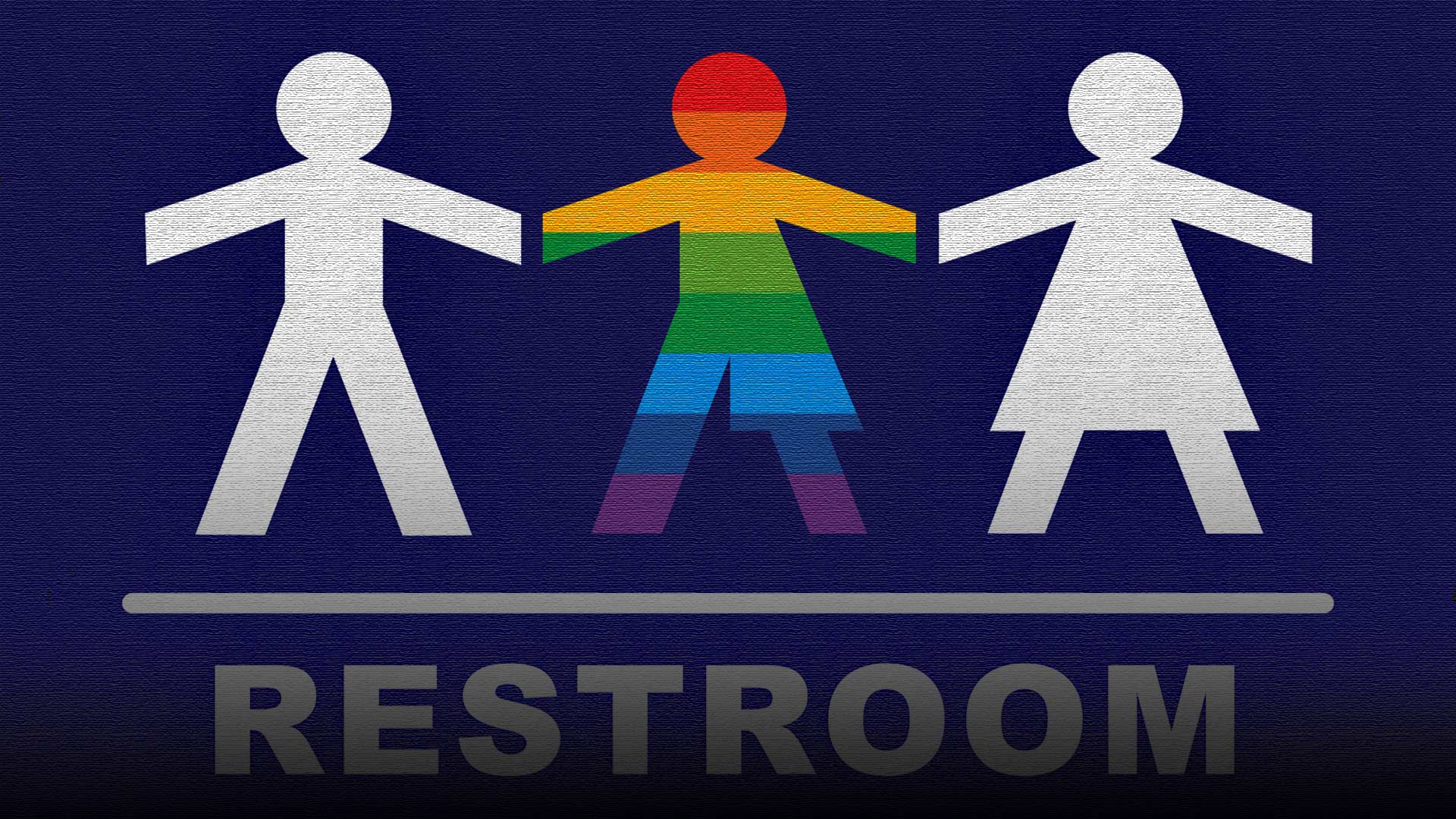
What practical lessons can we learn from history? There is no simple answer to this question because history is a complex subject. History is not simply a recording of facts and events; and it is not only a logical classification of the collected data in a chronological order. History is a social process, the development and evolution of mankind from the past through present and to future. History forms a picture of all things that happened to mankind from its origin upon the earth to the present moment.
History is functional in the sense of meeting the need that society has to know itself and to understand its relationship with the past and to other societies and cultures. History explains a pattern of nations’ emergence and growth, intellectualizes facts, and searches for causes of historic events. It is also poetic in the sense that there is inborn in every individual a curiosity and sense of wonder about the past.
So, what is the relevance of the lessons of history for America today? The historic patterns of so-called progressive movements in America today strikingly resemble the utopian socialist and Marxist movements of the 19th century in Europe. This is especially the case for the new popular rhetoric of “white privilege,” “systemic racism,” “Black Lives Matter,” and “BIPOC” (Black, Indigenous and People of Color).
Utopian socialists of the 19th century, namely Charles Fourier and Claude Saint-Simon of France and Robert Owen of England, believed that it was possible to organize ideal communities of pre-arranged size. These communities would be composed of farmers, industrial workers, artists, and, in some cases, capitalists. According to the utopian socialists’ hypothesis, these communities would be stable and self-sustaining, insuring all communal members an adequate livelihood—a remarkably naïve utopia of a harmonious and cohesive human society (e.g., CHAZ or CHOP in Seattle).
Marx was not seeking natural or moral laws for guidance
The communist who grasped the revolutionary nature of the 19th century was Karl Marx. Rejecting utopian socialism in favor of what he coined “scientific communism,” Marx claimed that changes in the economic structure of society of his time were the result of class conflicts or class struggles between the capitalists (bourgeoisie) and the workers (proletarians).
In his book Manifesto of the Communist Party published in 1848, Marx stated: “The history of all hitherto existing society is the history of class struggles. Freeman and slave, patrician and plebeian, lord and serf, guild-master and journeyman, in a word, oppressor and oppressed, stood in constant opposition to one another, carried on an uninterrupted, now hidden, now open fight, a fight that each time ended, either in a revolutionary reconstitution of society at large, or in the common ruin of the contending classes.”
In other words, Marx was not seeking natural or moral laws for guidance; he was turning to the lessons of history and revolutionary uprising against ruling class of the time.
Thus, what are the connection and similar patterns between Marxism of the 19th century and so-called neo-Marxism in America today? Evidently, “white privilege” doctrine is an ideological platform and guidance for other neo-Marxist beliefs about “systemic racism,” “BLM,”“BIPOC,” and today’s “ANTIFA.” The “white privilege” doctrine claims an existence of a social division in the society that is based on race conflict, race struggle, race warfare and race advantages between naturally born white people and other people of color.
The rhetoric and missions of “systemic racism,” “BLM,” “BIPOC” and today’s “ANTIFA” are a logical and direct outgrowth from the “white privilege” doctrine, with the purpose to threaten opposing ideologies, politics and lifestyles. They are the tactics and methods designed to implement “white privilege” doctrine into our system of governing and to undermine our constitutional freedoms—especially the idea that people of all races should be treated equally. To promote “white privilege” doctrine, neo-Marxists advocate for a complete destruction of the system of oppression—capitalism.
ALASKA WATCHMAN DIRECT TO YOUR INBOX
Recently, Juneau Assembly approved Black Lives Matter protesters’ demands to investigate instances of the so-called “systemic racism” in town—although there is no clear evidence of any institutional discrimination in Juneau has been found. In my 35-years living in Juneau, I have never experienced or observed any institutional racism in Southeast Alaska. Ignorance—yes, but racism—no. The Juneau Assembly’s radical social agenda is a clear example of neo-Marxist ideology that aims to quietly penetrate our political, social and cultural systems.
It is absolutely shocking to me, as a person who was born, educated and raised in the socialist country of the former Soviet Union, to witness so many intelligent and educated people in our country being influenced by such dangerous ideological rhetoric. This radical socialist rhetoric is the main cause of violent unrests and riots in our country today, and it threatens a possible partitioning and division of our great nation in the future. Americans should resist this socialist progressive movement in our country and unite in preventing a spread of the neo-Marxist pandemic into our American culture.
The writer was raised in the former Soviet Union before settling in the U.S. in 1978. He moved to Juneau in 1986 where he has taught Russian studies at the University of Alaska, Southeast. He is now director of the Alaska-Siberia Research Center and has published extensively in the fields of anthropology, history, archaeology, and ethnography.
The views expressed here do not necessarily represent those of the Alaska Watchman.








4 Comments
You are the best of the best with your news my warmest regards Peggy
Thank you, Peggy.
A general commentary on the issues facing us. I agree with what you are saying. Could you give more in depth descriptions of what you are seeing and help people who have little background in understanding Totalitarian thought, see more clearly how these new mantras are in fact stemming from totalitarian movements which we need to have confidence in naming more accurately. Thanks Kris
Marxism and its relevance to “white privilege” doctrine
This is a response to Eric Kueffner’s My Turn titled “Recent criticism of white privilege misses the mark” published in Juneau Empire on August 21, 2020, regarding my article entitled “Neo-Marxism and utopian socialism in America today” published in Juneau Empire on August 14, 2020.
I clearly explained my position on “white privilege” in two essays published in Juneau Empire on July 14 and 21. Nevertheless, in addition to my recent essays, I want to emphasize that the privilege many hard-working people have enjoyed in our country is because they applied themselves diligently regardless of their color, gender, ethnicity or race. Today, in America, opportunity is available to nearly everyone. Maybe that was not so true decades ago but it certainly is true in the U.S. today. However, for people who either want hand-outs for free or to provide hand-outs for free, it is difficult to understand that personal success and accomplishments are much more rewarding than charity.
In this essay, I will mostly confine my response to the essential aspects of the Marxist ideological dogma and its relevance to the “white privilege” doctrine. For more specific information on this subject, read Toby Young’s article titled “No need to plead guilty: The fashionable doctrine of ‘white privilege’ is fatally undermined by the facts” published in the journal The Critic in December of 2019.
Marxists define Marxism as a system of philosophical, economic and socio-political views that make up the worldview of the working class and the revolutionary transformation of the world, the socio-economic development of society, and human moral behavior and set of beliefs. It is also a method for the revolutionary movement of the working class toward a destruction of the capitalist free enterprise and market economic system and, subsequently, a creation of the socialist society with its command/controlled economy, abolishment of privately-owned commercial property, discouragement of religion, strict and blatant intellectual censorship and centralized form of government.
In short, Marxism is a radical revolutionary teaching for the working class around the world at all stages of their supposed movement for peace, freedom, equality and a “better life” under socialism. This Marxist ideology/teaching clearly resembles, even by admission of their followers, the progressive neo-Marxist socialist rhetoric, namely: “Black Lives Matter,” today’s “ANTIFA,” “white privilege” and “systemic racism.”
Today, neo-Marxism in America divides a society between oppressor and oppressed, identifies the systems by which the oppression takes place and outlines the methods or tactics (e.g., BLM, ANTIFA, “systemic racism”) for how “white privilege” doctrine is supposed to change our socio-economic system, moral behavior and traditional set of beliefs. For neo-Marxist activists, a complete destruction of capitalism is the only way to end racial oppression and social injustice.
Historically, however, Marxist revolutionary theory has never achieved its practical and ultimate success by replacing one social class with another. In fact, every socialist country has proven to be a remarkable socio-economic failure. These include the former Soviet Union, East European countries, Cuba, Venezuela, Nicaragua, Mongolia, Laos, Vietnam and North Korea.
As Charles Murray, a prominent American sociologist, in his book “Coming Apart” stated: “Changing the new upper class by force majeure [greater force] won’t work and isn’t a good idea in any case. The new upper class will change only if its members decide that it is in the interest of themselves and of their families to change. And possibly also because they decide it is in the interest of the country they love.”
It’s imperative that in a free democratic society someone is voicing an opposition to the current neo-Marxist groupthink movement in our country, including an opposition to the Kueffner-like convoluted defense of “white privilege” doctrine. Sadly, radical neo-Marxists don’t really want to discuss anything of substance. Rather, they are just soap-boxing to anyone who will listen to their “bumper sticker” narrative, namely: “white privilege,” “Black Lives Matter,” “systemic racism,” “structural racism,” and today’s “ANTIFA.”
It’s really amazing how this groupthink has permeated our culture, especially among those who consider themselves to be well educated, knowledgeable and intelligent. There will be no discussion with this groupthink—just bickering and diatribes. Indeed, there are many similarities between today’s reality with the absurd “reality” of the dystopia of George Orwell’s novel “Nineteen Eighty-Four.” History was a big part of Orwell’s novel—Big Brother had no tolerance for any history other than what Big Brother said.
My essays and ideas, at least, cause a reasonable person to pause for thought and maybe cause some to reconsider their political views. Indeed, all Americans should exercise our constitutional freedoms, peaceful expression of thought, and constitutional voting rights instead of destroying historic monuments and both public and private properties, rioting and violent protests.
Alexander B. Dolitsky
Author/anthropologist/historian
Juneau, Alaska, USA